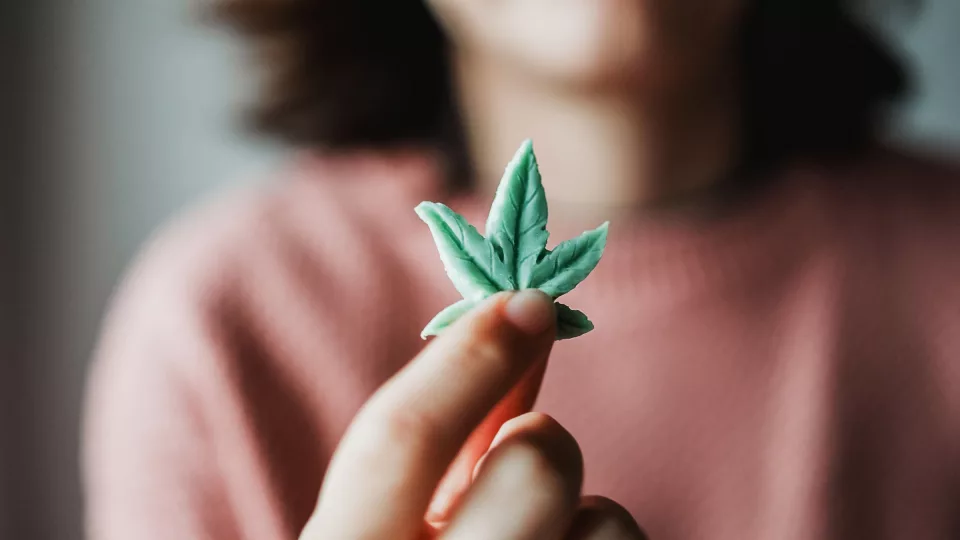Anaesthesia Alert: Cannabis Consumption Could Affect Surgery
As legalisation of marijuana continues to spread across the world, more people are turning to cannabis for recreational and medical purposes. However, recent studies have revealed a potential risk factor that should be taken into consideration by users and medical professionals alike. According to the latest findings, cannabis consumption could significantly affect the outcome of surgeries, leading to complications, longer recovery times and higher costs. In this article, we will explore the impact of cannabis on surgical procedures and discuss whether weed is a friend or foe in the operating room.
Table of Contents
Puff, Puff, Pass…on Surgery?
Over the past decade, cannabis use has skyrocketed in popularity, with millions of people worldwide smoking, vaping, or ingesting marijuana on a regular basis. While the effects of cannabis on health are still being studied, recent research indicates that consuming weed before surgery could cause several problems. For example, cannabis could interact with anaesthesia medications, leading to higher doses and prolonged sedation. Moreover, smoking cannabis could damage the lungs, leading to breathing difficulties during and after surgery. Finally, cannabis use could affect heart rate and blood pressure, leading to potential complications during the procedure.

The High Cost of Cannabis Use During Surgery
Aside from the risks involved, cannabis use before surgery could also have a significant financial impact on patients. According to a recent study published in the Journal of Anaesthesia, cannabis users undergoing surgery had higher healthcare costs, longer hospital stays, and more complications than non-users. The researchers found that cannabis use was associated with a 17% increase in postoperative complications, such as infections, bleeding, and wound healing problems. Moreover, the study revealed that cannabis users were more likely to require higher doses of opioid painkillers, leading to increased healthcare costs and a higher risk of addiction.
Weed: Friend or Foe in the Operating Room?
While cannabis use before surgery should be avoided, some medical professionals are exploring the potential benefits of medical marijuana in the postoperative period. For example, some studies suggest that cannabis could be an effective painkiller and anti-inflammatory agent, reducing the need for opioids and other drugs. Moreover, cannabis could help with nausea and vomiting, which are common side effects of anaesthesia and opioid painkillers. However, further research is needed to determine the optimal dosage, route of administration, and safety of medical marijuana in the postoperative period.
Cannabis use may be legal in many countries, but it’s essential to remember that it could have significant health and financial implications for surgery patients. Medical professionals should educate their patients about the risks of cannabis use before surgery and encourage them to stop using cannabis at least a few weeks before the procedure. Furthermore, researchers should continue to investigate the potential benefits and risks of medical marijuana in the postoperative period to provide patients with effective and safe pain management options. By working together, we can ensure that cannabis use and surgical procedures go hand-in-hand without putting patients at risk.
Source: LadBible
